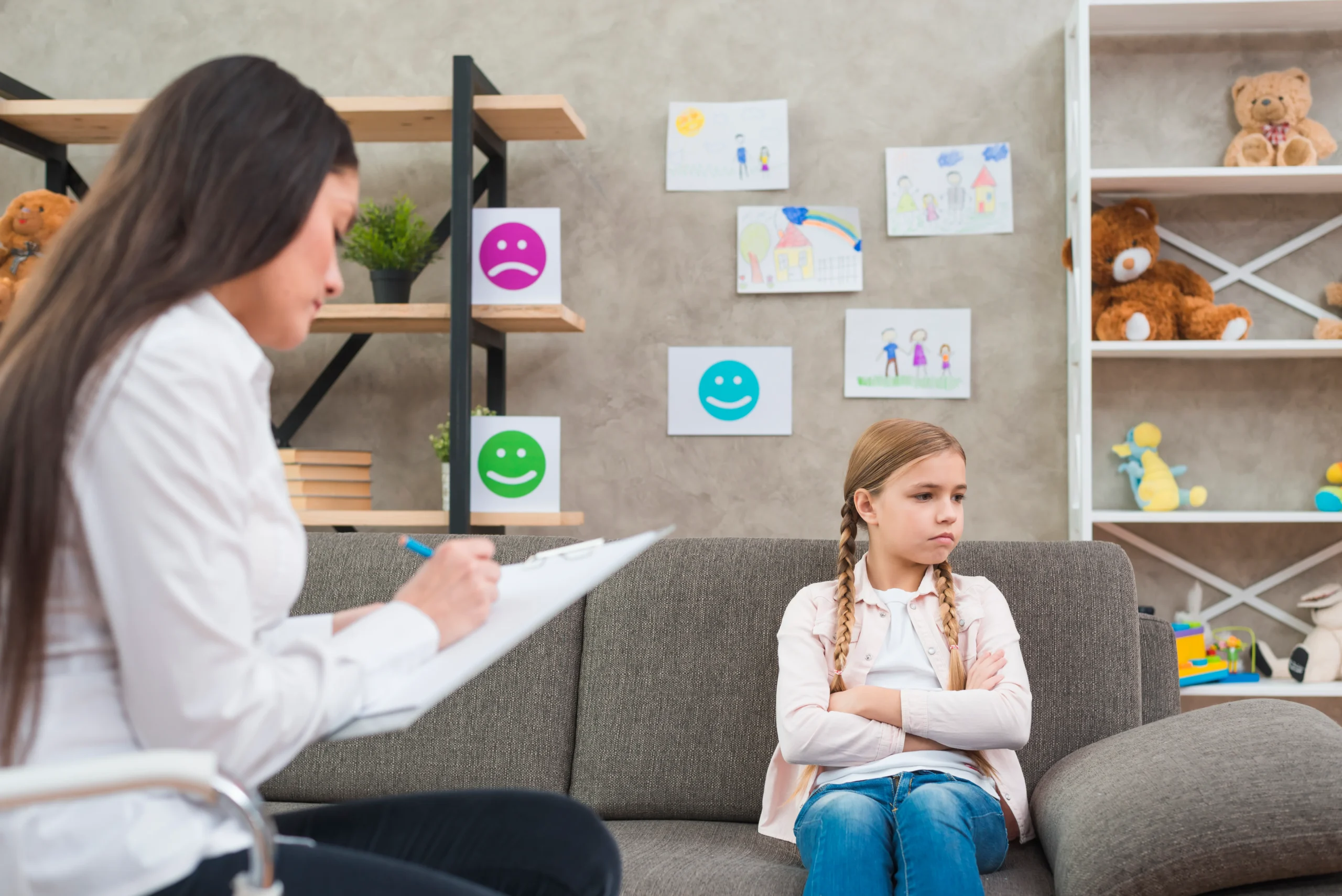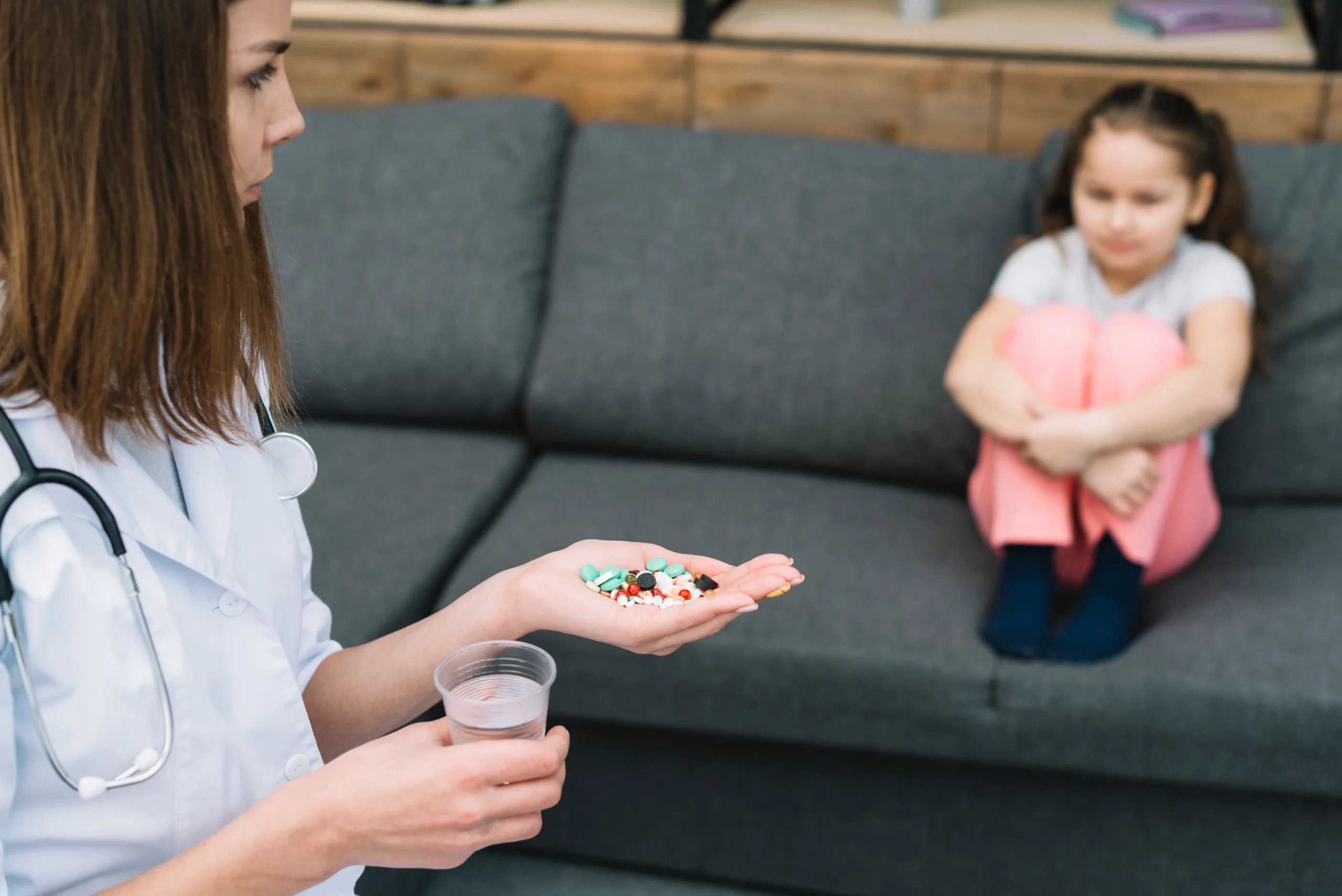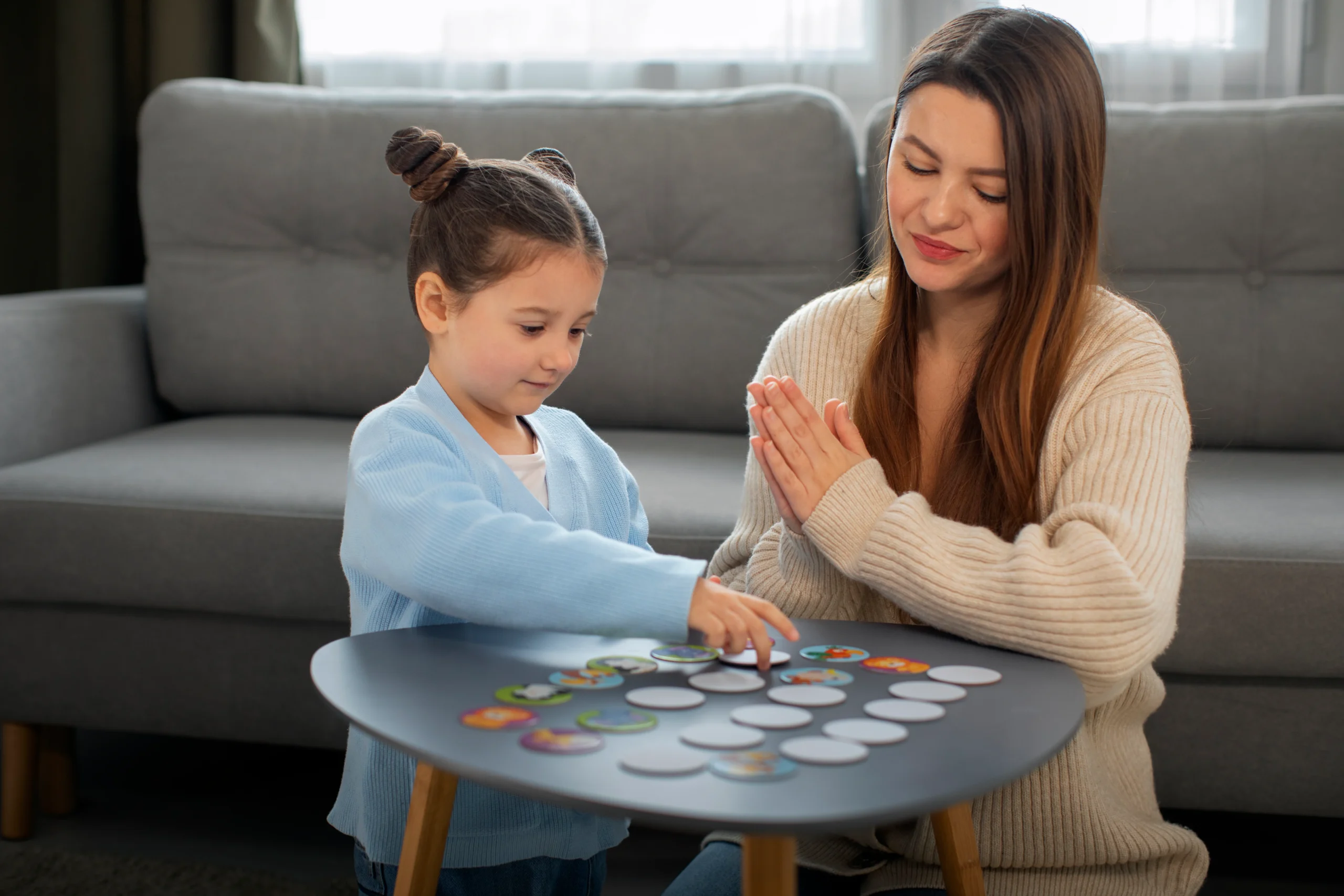You may observe how a child is unable to complete assignments due to apparent brilliance or how an adult fails to meet deadlines despite being perfect in times of crisis. These parenting issues tend to indicate Attention-Deficit/Hyperactivity Disorder (ADHD), a neurodevelopmental disorder of focus, impulses, and emotional control.
But this is where there is hope the right evidence ADHD support, the ADHD therapy and ADHD assistance see people succeed at any age. This guide helps you develop effective ADHD treatment, as recommended by top health researchers. So, what about struggling to strengthen through understanding? Let’s begin right now.

The presence of ADHD can be explained by complex relations between genetic factors, brain structuring, and how they interact with the environment. Although the exact causes of ADHD are still under investigation, we understand that it has something to do with the variation in neurotransmitters such as dopamine that controls attention and other responses in terms of impulse control.
Notably, the question on the minds of many is: is ADHD a learning disability? It depends on the complex answer. ADHD is not a learning disability, but it is very common to have it in partnership with other learning disabilities, such as dyslexia, which provides distinctive academic challenges. It can be only diagnosed by a thorough examination by professionals based on behavior tests, medical histories, and rating instruments to be able to differentiate ADHD and disorders such as anxiety or sleeping disorders.
Proper prescription of ADHD medication assists up to 80% of patients to gain concentration and control flailing impulses. Stimulants such as methylphenidate are still the gold standard, removing the impairments caused by ADHD and quickly stimulating the neurotransmitters. Non-stimulants are appropriate in people with heart issues or anxiety side effects.
Precautionary note: beware of unregulated over the counter ADHD medication supplements that presume to make extravagant claims. This is not FDA reviewed and might also have some toxic contents or poorly react with prescription. It is because the management of the medication is a continuous commitment to collaboration with your doctor – the needs change as brains grow and life situations evolve.


Exaggerated sensitivity to sounds is common, where background noises feel overwhelming, similar to the experience of sensory processing disorder. This can make certain environments feel unbearable.

ADHD symptoms may include an inability to focus, forgetfulness, and a lack of concentration. Individuals with inattention may struggle to meet deadlines and maintain organization.

Hyperactivity presents as restlessness, constant movement, and frequent interruptions. Individuals with this symptom often appear unable to sit still, even in quiet environments.

Impulsivity can cause rash decisions or actions. ADHD paralysis occurs when overwhelmed with tasks, resulting in mental blocks that make it hard to start or finish work.

ADHD is part of a wider range of global developmental disability disorders that the WHO estimates on about 15% of children. These neurodevelopmental differences often lead to challenges in communication and learning and variations in interpersonal interactions.
Diagnosis of ADHD in this context aids every community in building inclusive education and workplace systems that support different thinkers. International programs are at an advanced stage of supporting preventive screening in hard-to-reach areas, where diagnosis is not performed due to stigma.
ABA therapy ADHD treatments are based on changing the behavior of someone by creating a rewarding structure and changing the environment. In combination with behavior therapy for ADHD, such as Cognitive Behavioral Therapy (CBT), people will have to develop specific coping plans toward emotional control and initiative.
In the case of children, the parent training components will teach caregivers how to establish predictable routines and provide effective instructions. The academic and social success may largely be based on such a behavioral foundation.

Most people are relieved to use non-medication treatment for ADHD approaches that support clinical management. Neurofeedback can teach the brain to regulate attention patterns into normalcy by providing feedback as it occurs in real-time, whereas, in mindfulness meditation, the muscles of impulse control are built.
Few useful interventions have been reported in the studies on certain dietary changes, like protein-rich breakfast and omega-3 supplementation. Supplements to treat ADHD, such as St. John’s wort, are sold as natural medication, yet they must be discussed with a physician – they are potentially deadly when combined with prescriptions. Combining lifestyle change therapies with professional therapies & techniques is usually the most successful approach.
Real-life ADHD care changes everyday life. Parents and teachers are able to adapt their treatment of children with ADHD through the use of techniques that have been proven scientifically that have been discussed in such books as Driven to Distraction by Dr. Edward Hallowell. Those with the aspect of sensory processing disorder tend to center themselves with the use of something touch-related (state balls or weighted lap pads) in a sensory-overwhelming scenario.
Early intervention changes trajectories. ADHD behavior therapy enables children to learn emotional vocabulary and emotional regulation skills through play. IEPs or 504 Plans created by schools allow for accommodations such as movement breaks or breaking instructions into steps. The occupational therapy of ADHD is treating handwriting difficulties or self-care ability with a sensory-motor treatment.
When caregivers are taught to employ responsive communication strategies, parent training can help reduce conflicts in the home by 65%.
This is a very dangerous stage that requires new tactics. The behavior therapy of ADHD changes to the CBT methods controlling emotional outbursts and social fears. Safety on the road acquires a crucial significance – medication has been found to decrease the level of accidents by 40% in teenagers with ADHD.
Monitoring screen time is an activity that parents should engage in, as dopamine rushes can lead to the replacement of important activities with video games. During vocational assessments, one may be found to have creative strengths that are utilized in the exploration of careers.
Intelligent accommodations are key to success in the workplace. Adult ADHD occupational therapy helps individuals build effective time-management systems and workflows. Noise-canceling headphones are found to be useful in open offices or standing desks as a solution to physical restlessness. Relationship counseling makes partners recognize their problem of controlling their emotions. Midlife is also a period of finding yourself again, discovering strengths, like dealing with crises and being creative.
Seek preschool patterns such as failure to follow simple directions, impulsivity, dangerousness (running into the streets), or overreaction of emotions that are out of proportion to the stimuli. Such actions are not characteristic of toddlers, both in nature and frequency.
No, ADHD is not a learning disability. However, it is normally paired with disruptive learning disorders, including dyslexia. In case learning difficulties are explained by a specific learning disability, which means a combination of learning problems that cannot be addressed through the treatment of ADHD, a student will have to be tested thoroughly.
Medical workers have recourse to retrospective reports of childhood symptoms, current behavior-on-the-job tests, and the exclusion of other disorders, such as thyroid disorders. Individuals are always advised to rely on the information and insights that their partners give concerning patterns that they cannot detect.
Although more typical of autism, in ADHD, ABA therapy is applied using reward-based shaping towards the specific behavior, such as initiation of a task. It has an organized system that helps a child with combined oppositional behaviors.
Subscribe to our regular newsletter updates and stay educated!